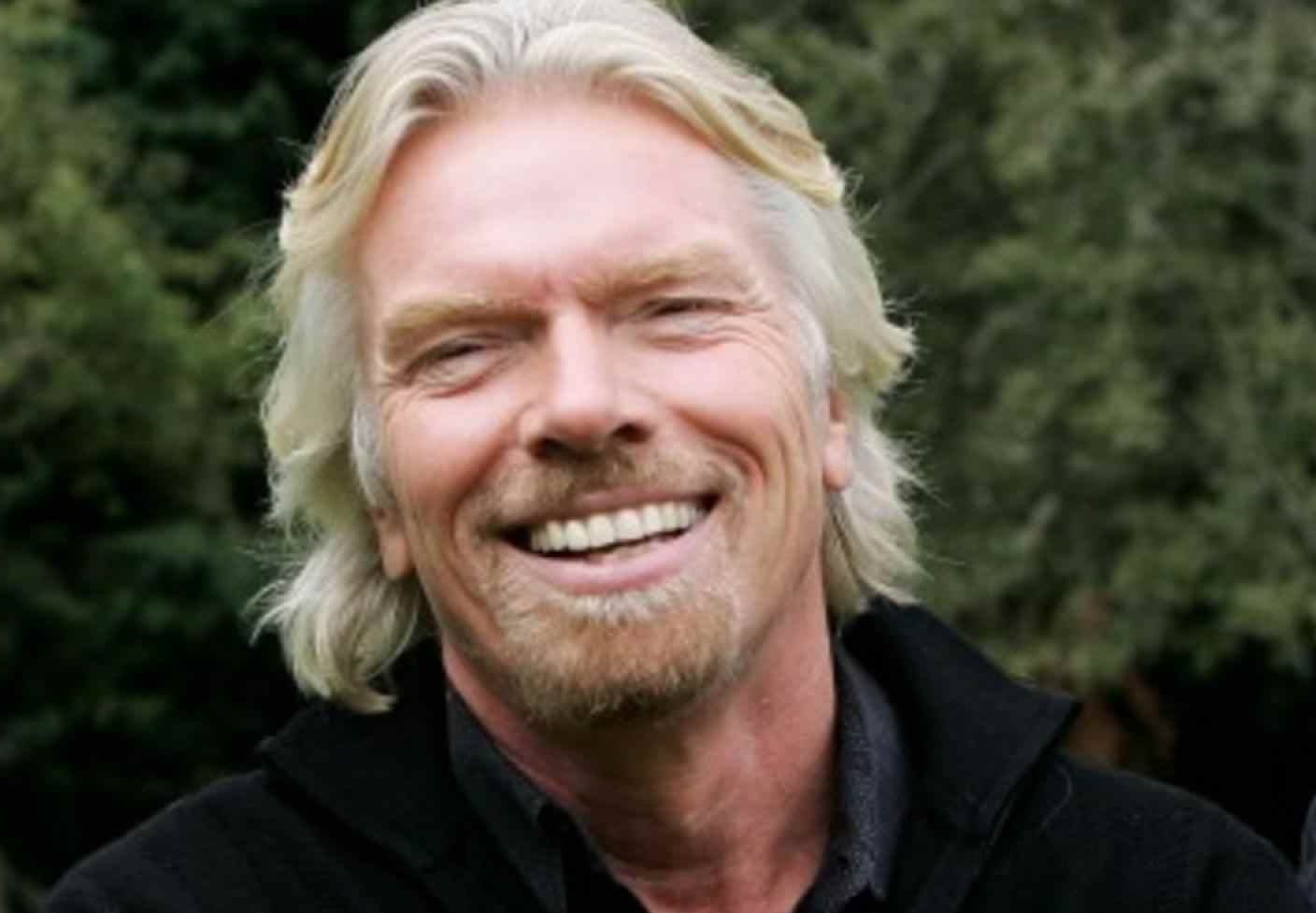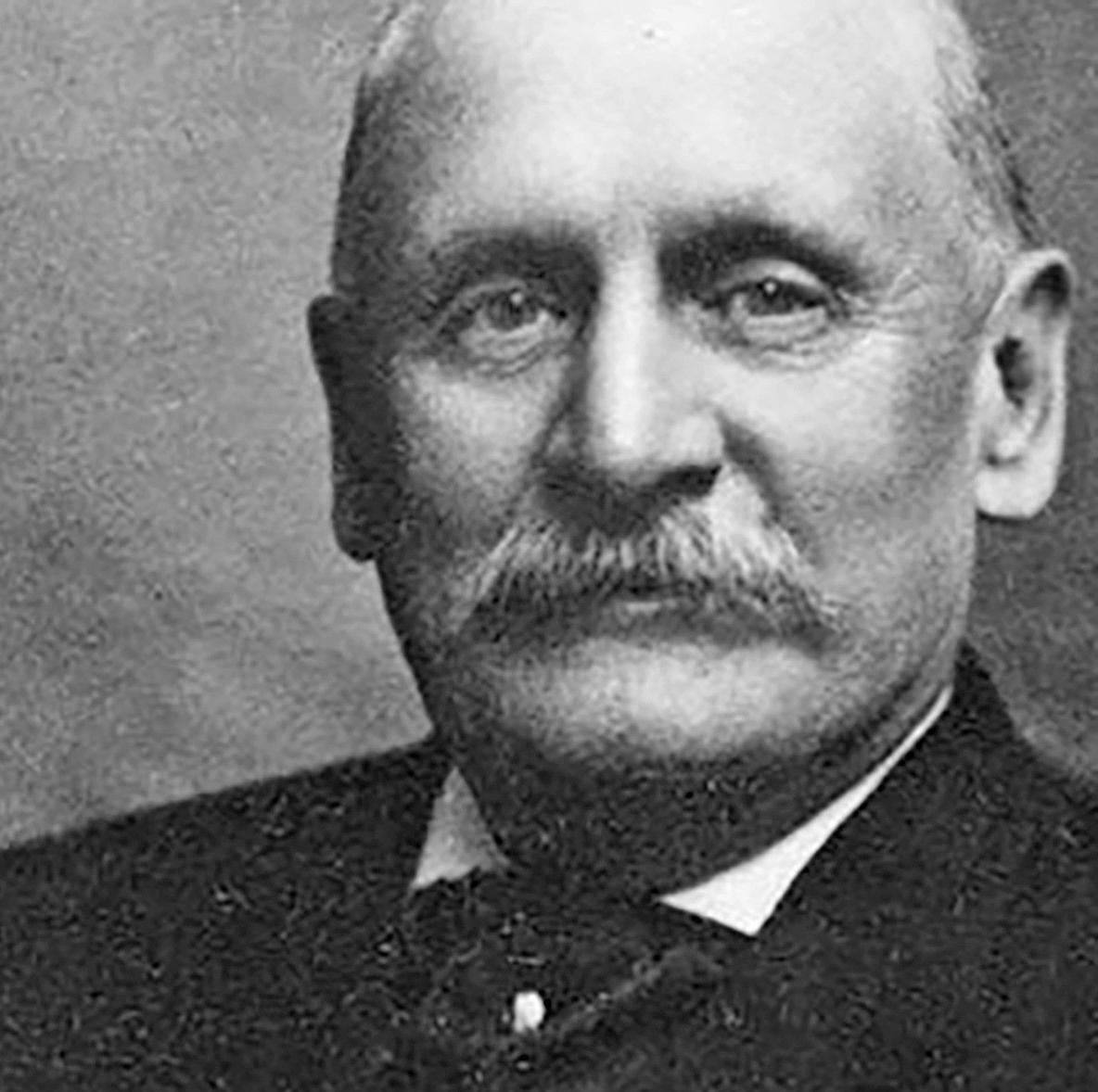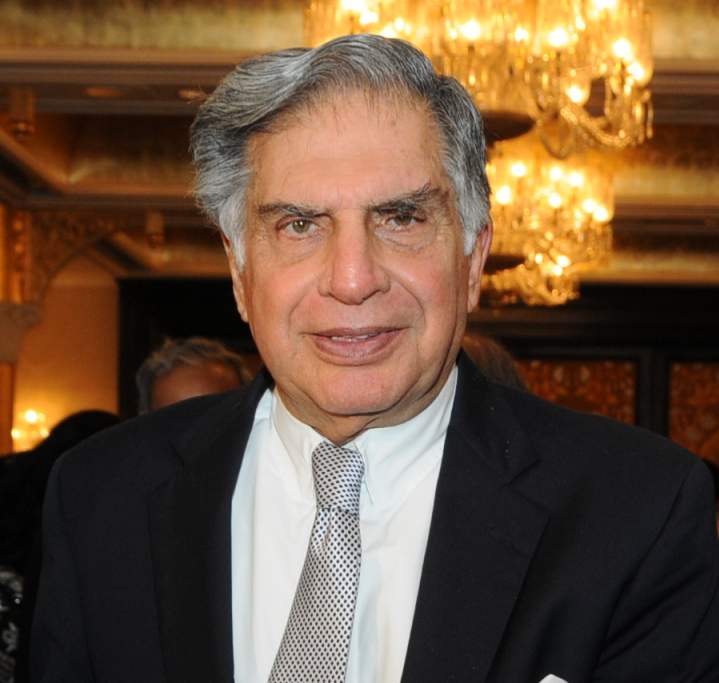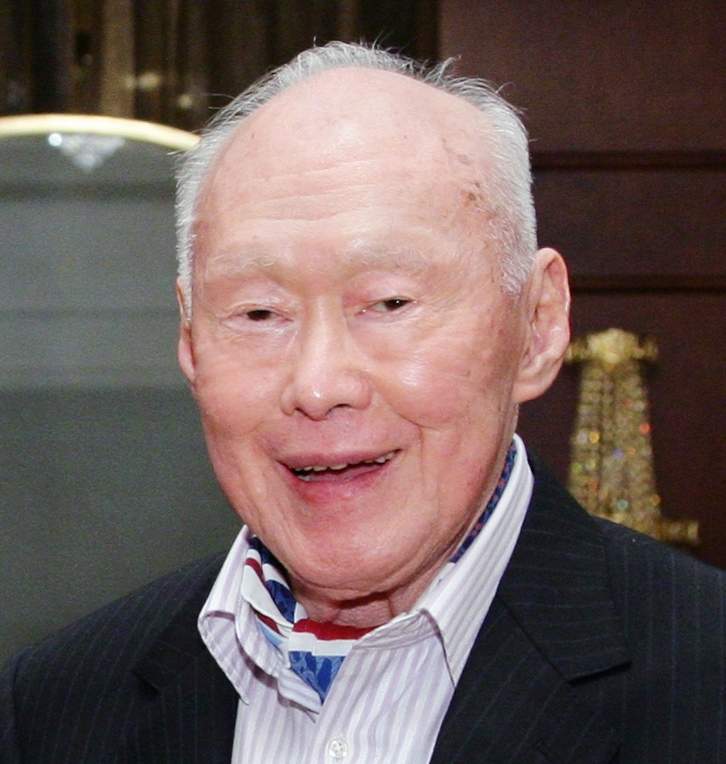Rupert Murdoch, the Australian-born media mogul, has had a profound impact on the global media landscape. Over the decades, he built a vast and influential media empire that spans newspapers, television networks, and digital platforms. Today, Murdoch is synonymous with power in the media world. However, his journey to the top of this vast empire began with humble beginnings, shaped by a keen business acumen, a fearless approach to leadership, and an unwavering drive for success.
Early Life and Humble Beginnings
Rupert Murdoch was born on March 11, 1931, in Melbourne, Australia, into a family with a rich media background. His father, Sir Keith Murdoch, was a prominent journalist and newspaper publisher who had a strong influence on Rupert’s early life. Keith Murdoch’s media holdings included The Herald and The Sun News-Pictorial, both influential Australian newspapers. However, despite this family legacy, Rupert’s early life was marked by tragedy and struggle.

When Rupert was just 2 years old, his father passed away, leaving him with the challenge of establishing his own identity in the media world. Initially, Murdoch studied at the University of Melbourne, where he earned a degree in economics. After his father’s death, Rupert inherited his father’s media holdings, but rather than being content with a life of privilege, he sought to grow and expand the family business.
Starting His Media Empire
Murdoch’s first significant media acquisition came in 1952 when he took over The News, a small newspaper in Adelaide, Australia. The paper was struggling, but Rupert’s tenacious spirit and innovative ideas breathed new life into it. Under his leadership, The News became one of the leading newspapers in South Australia.
However, it wasn’t just his knack for reviving newspapers that set Murdoch apart. His bold vision of expanding beyond Australia led him to acquire more newspapers, including The Sun in Melbourne and The Herald in Sydney. But it was Murdoch’s acquisition of The News of the World in the UK in 1969 and The Times in 1981 that truly marked the beginning of his international media empire.
In the early 1980s, Murdoch took a massive leap into television with the creation of Fox Broadcasting Company in the United States. This was a watershed moment in Murdoch’s career, as it gave him a foothold in the highly competitive American media market. With Fox News and later, the purchase of 21st Century Fox, Murdoch solidified his place as one of the most influential media tycoons in the world.
Leadership Qualities that Defined Murdoch’s Success
Rupert Murdoch’s rise from a modest media executive to a global media magnate is a testament to his leadership qualities. Several key traits define his approach to business:
- Visionary Thinking: Murdoch’s ability to see opportunities where others saw challenges was a hallmark of his leadership. His decision to expand beyond the traditional print media into television and digital platforms showed a foresight that few of his contemporaries could match. Murdoch understood early on that media needed to evolve, and he was ready to invest in that evolution. His launch of Fox News was particularly revolutionary, establishing a network that quickly became a dominant force in American television.
- Risk-Taking and Boldness: Murdoch was never afraid to take risks. His aggressive acquisition strategy, buying established companies in competitive markets, demonstrated his willingness to make bold moves. One of his most audacious moves was purchasing The Times in London, a paper that had been a part of British aristocracy for centuries. Critics were skeptical, but Murdoch’s gamble paid off, and it cemented his reputation as a media mogul.
- Adaptability: In an industry where media consumption habits are constantly changing, Murdoch’s ability to adapt was key to his success. He moved quickly into the digital space when the internet began to reshape the media industry. Murdoch was one of the first media moguls to recognize the power of online content, and he invested heavily in digital platforms such as News Corporation’s websites and online versions of his newspapers. His willingness to adapt to technological changes ensured that his business remained relevant in the fast-changing media landscape.
- Control and Focus: Despite managing a sprawling empire, Murdoch maintained a keen focus on the editorial direction and vision of his publications and networks. His ability to maintain control over such a diverse range of media properties is a testament to his organizational and leadership skills. Murdoch was known for making key editorial decisions himself, guiding the political and ideological direction of many of his outlets, particularly The Times and The Sun in the UK, and The New York Post in the U.S.
- Persistence and Resilience: Rupert Murdoch faced numerous challenges throughout his career, including political backlash, media scandals, and corporate struggles. However, his resilience allowed him to weather crises and emerge stronger each time. The phone-hacking scandal that rocked his company in 2011 was one of the most significant setbacks of his career, but Murdoch’s ability to steer his company through adversity and restore his reputation was a testament to his determination.
Conclusion
Rupert Murdoch’s journey from a small newspaper in Adelaide to the head of a global media empire is a remarkable story of ambition, strategy, and leadership. Through visionary thinking, bold risk-taking, adaptability, control, and resilience, Murdoch transformed the media world and left an indelible mark on global communication. His legacy as a media mogul is not just defined by the companies he built, but by the way in which he reshaped the very nature of modern media itself.













Leave a Reply